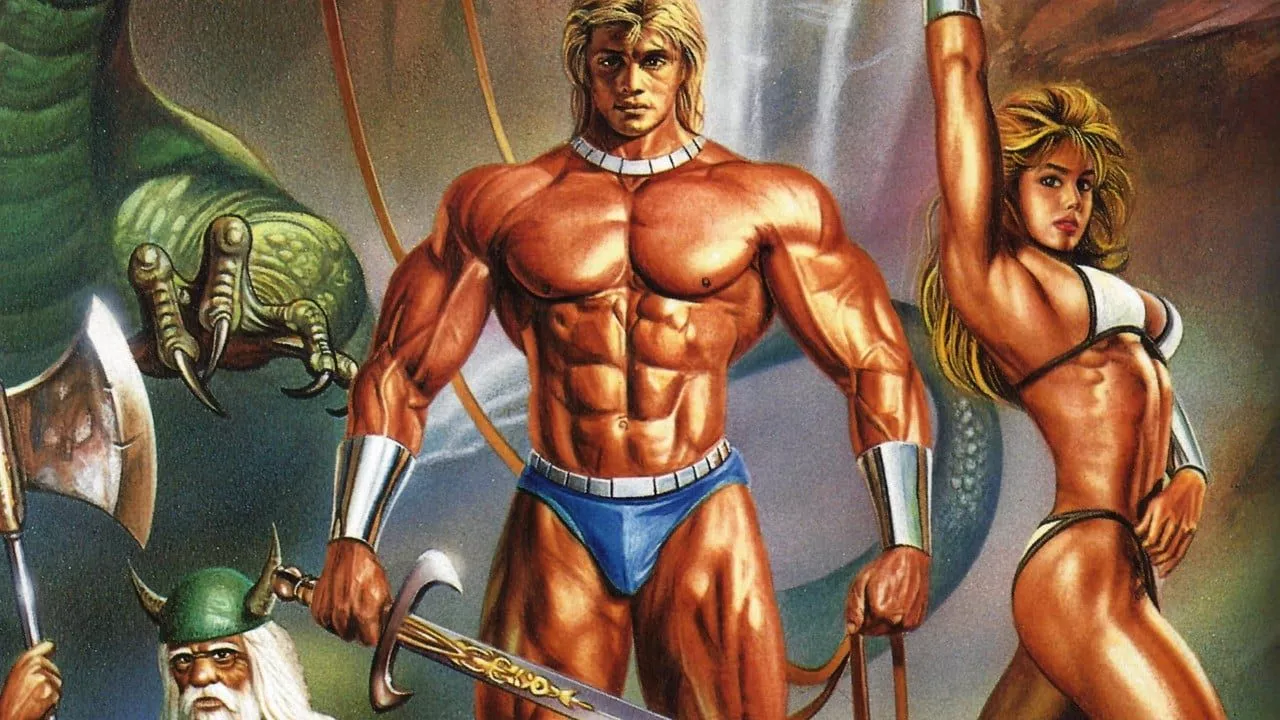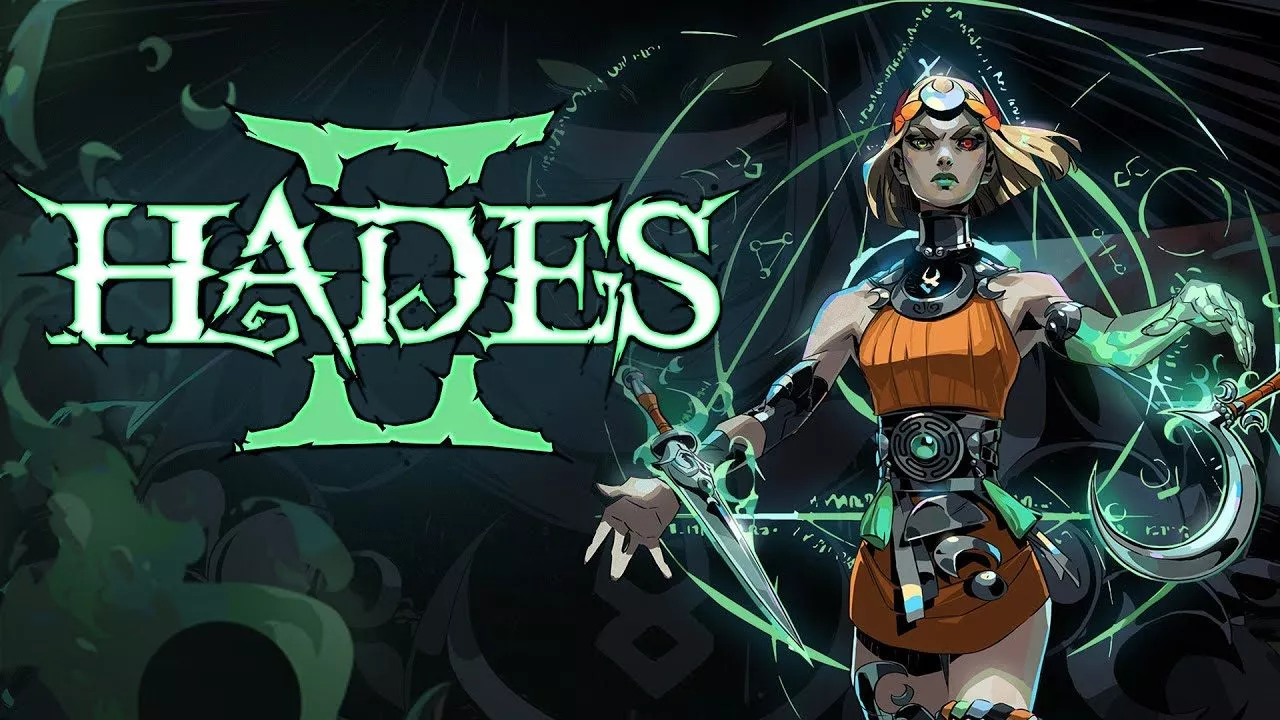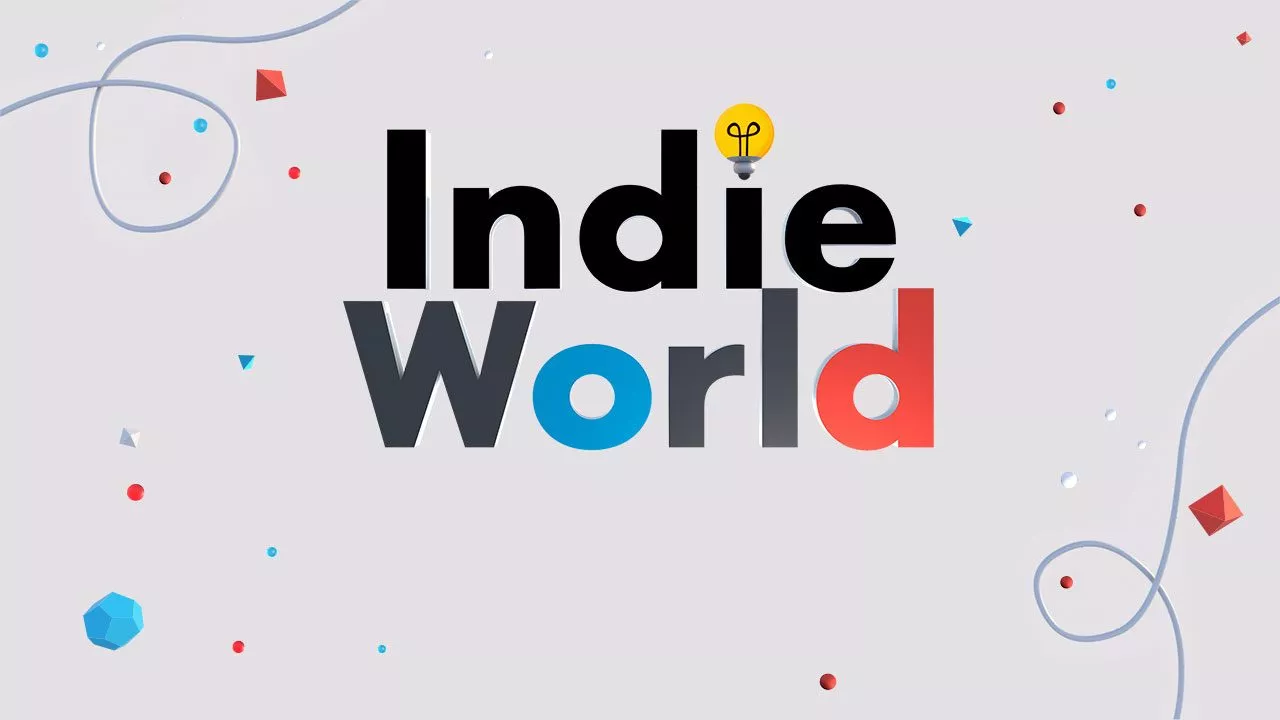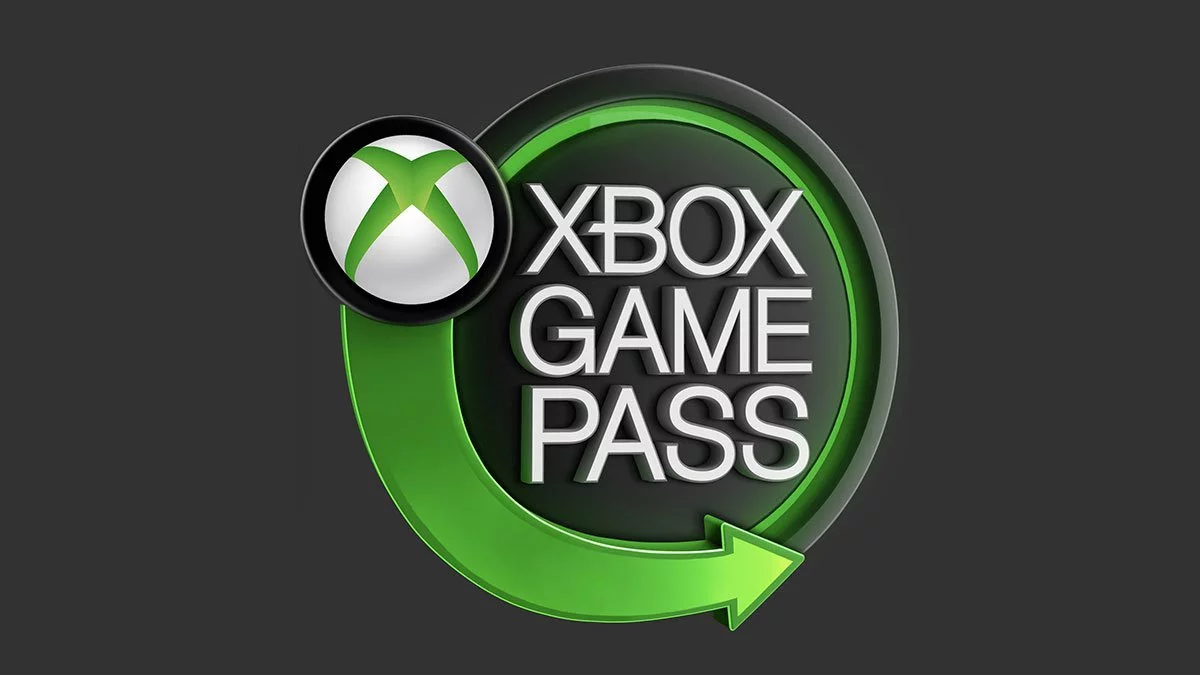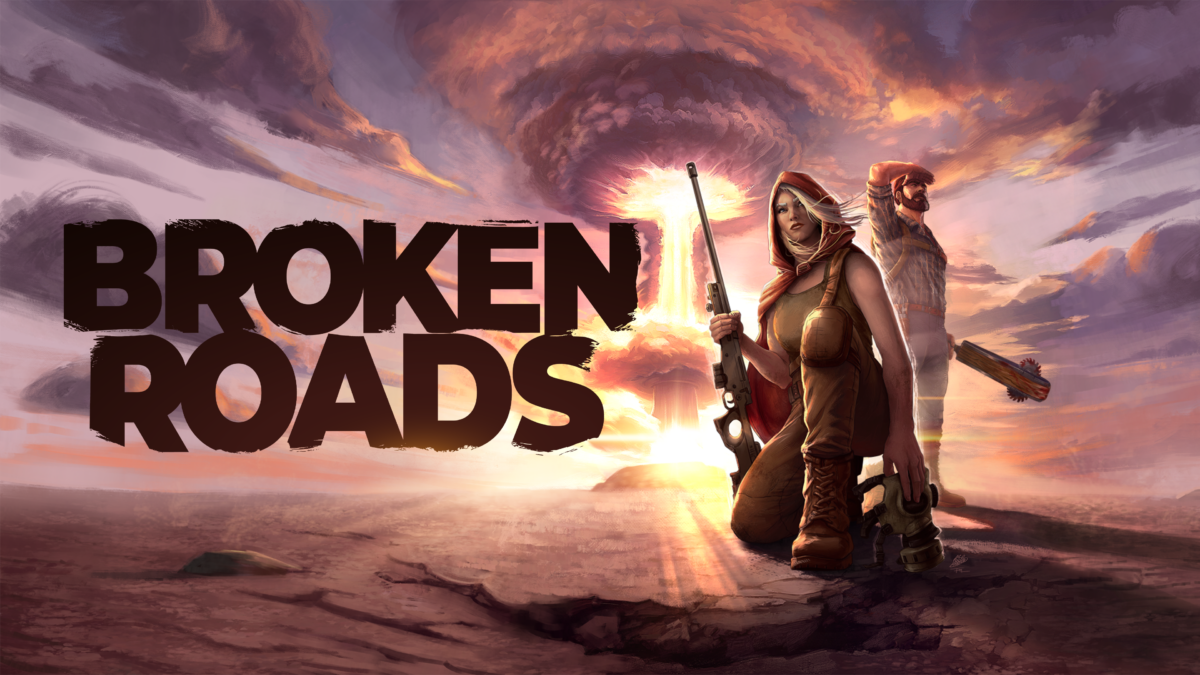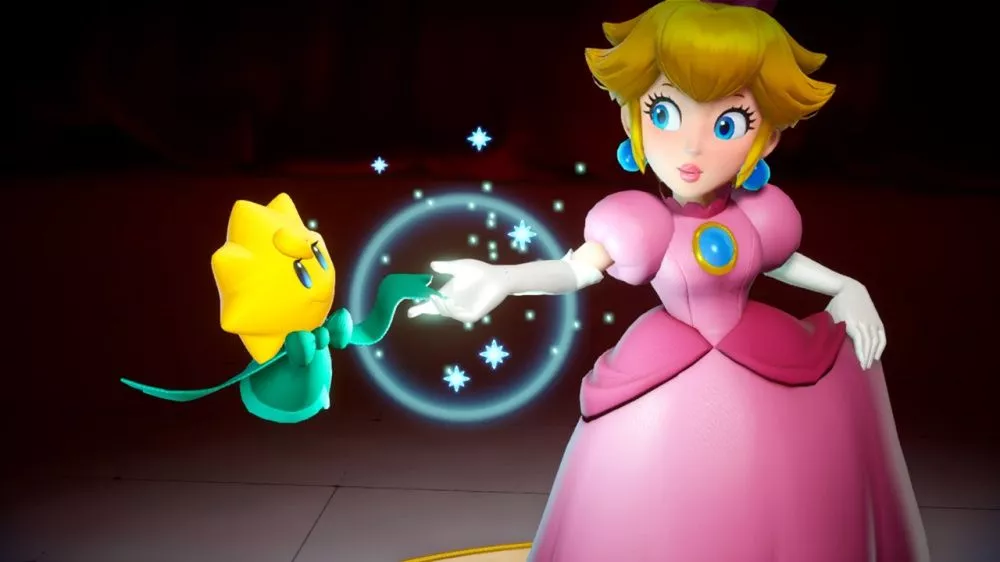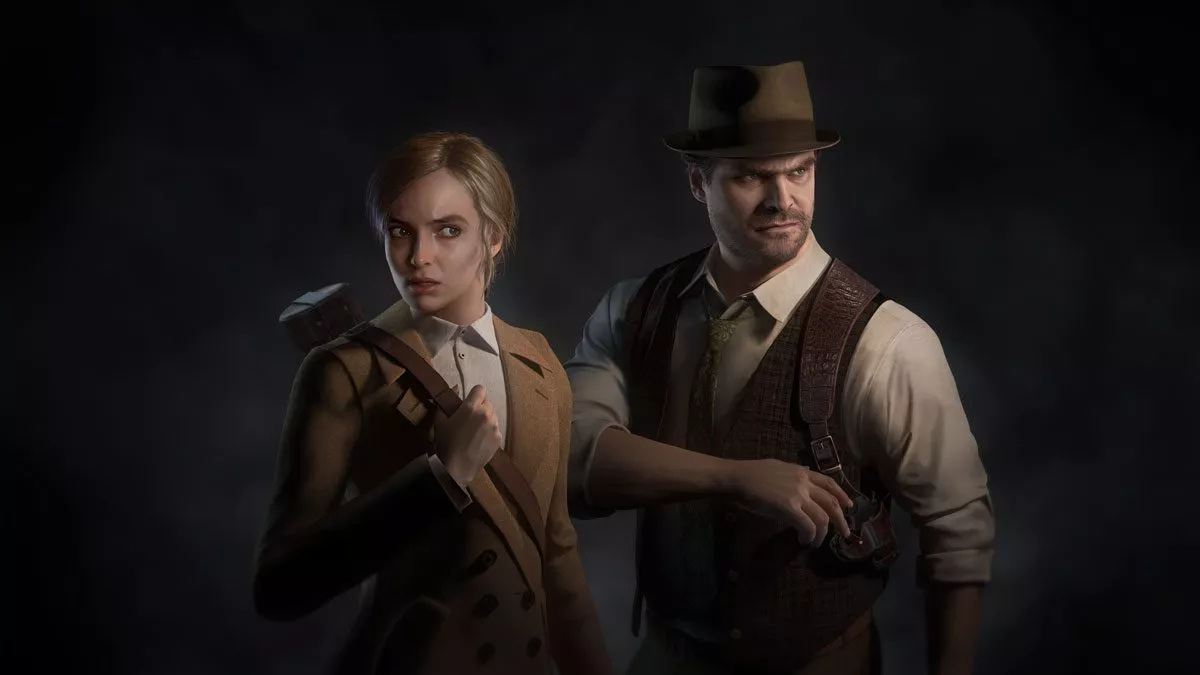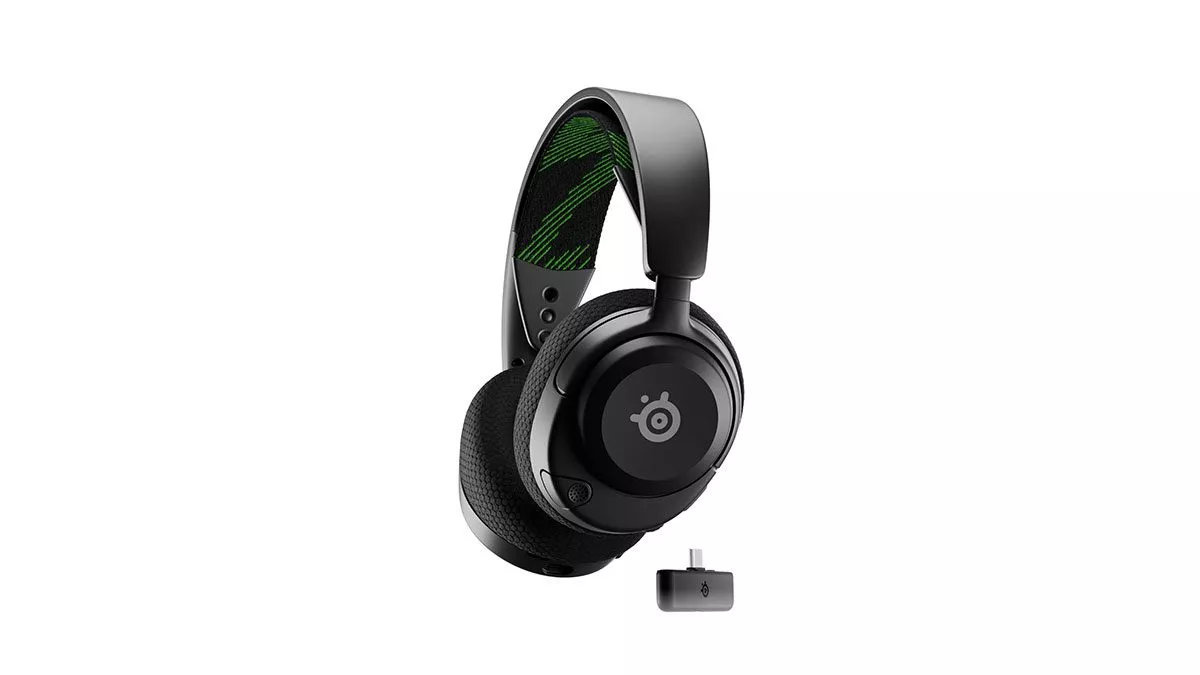Microsoft versus Sony, Battlefield versus Call of Duty and Forza versus Gran Turismo. These are some of the rivalries that can get people talking about console wars. “Game On or Game Over” is your place to get inside the minds of Nicholas and Andy as they seek to find the true meaning of gaming and tackle some of gaming’s most controversial subjects. Both are award winning authors – although the awards haven’t been mailed or created yet — but trust them. Would they lie to you?
Andy: With the summer gaming drought now finally over, we are now at the complete opposite, in that games are going to be coming out fast and furious. Just looking at the release schedule of games for the next three months and there are a ton of titles coming out. We talked a couple months ago about the massive amount of hype that some games get, but I’d like to focus on another area that we really didn’t touch on. It goes hand-in-hand with the hype, but it applies to gamers themselves as well. It’s something that I don’t think really gets talked about all that often either. Expectations. It’s easy to see these AAA trailers and get that warm fuzzy feeling thinking that a game is going to be something that in reality it’s not. Last week I previewed Ubisoft’s The Crew and in part of my write-up I said it felt like the game had a bit of an identity crisis, where it seemed like it wanted to be both Need for Speed and Forza Motorsport at the same time. One person that commented to me about said, “I honestly played it like itself; it took me a little while to get used to its specific nuances, but I feel like it definitely has its own identity.” That one sentence led me to an epiphany and really got me to think about the expectations that we, as gamers, place on games.
I won’t lie that I’ve been thinking a lot about this over the past couple of days and I realized that maybe I am doing gaming wrong. Maybe in my quest to find a game I know I’ll like and enjoy, I have placed unfair expectations on others and judged them not on their own merits but on titles that came before them. As reviewers we judge games, but even when we aren’t reviewing a particular title we still judge games and develop opinions on them good or bad. It’s an interesting dichotomy when you really think about it. We are basically prejudging a game before it even comes out, based on our experiences of a past game – even if that past game is not a direct sequel or from the same developer/publisher. Before we really dive into this one though, I just wanted to get your initial thoughts. Can you think of a time you had certain expectations for a game that weren’t “fair” to the game, or resulting in lowering your opinion of it? Is it fair to games when we do that?
Nicholas: Oh absolutely. The most recent example has got to be when I was playing through GRID Autosport for a review. Keeping in mind that the only racers I own for the Xbox One (for now) are Forza Motorsport 5 and Need For Speed Rivals, and given that I jumped into Autosport after playing essentially nothing but FM5 and Wolfenstein for a number of months, I was completely disappointed when the first race felt nothing like what I was used to. Even though I knew I was going back to the last generation, I was really frustrated with the sheer drop in visual quality and I wasn’t impressed with how ‘floaty’ the cars felt compared to the likes of Forza. Like you mentioned in your preview though, after a few hours with the game I started to understand the physics better, the graphics became irrelevant and I started to enjoy myself.
Now did this lower my opinions of the game? Sure did. When it came time to deciding on an overall score I gave it a 5/10 for the fact that it just didn’t compete with the offerings on the new consoles, but is it necessarily unfair that I came at the game with what some might consider unreasonable expectations, well, I don’t think so. While it’s certainly important to judge a game based on its own merits, and I’m sure we’ll discuss this further later on, comparison is important in the work that we do. As a matter of fact, comparison is important whether you’re playing a game for review or for leisure.
Consider this. As gamers, we like to expect that each game we play is a little better than the last, or at the least as good. If this is true, the reason we make these kind of comparisons is because we look at what we’ve been playing, and we like to hope that what comes in after is an improvement. Whether it’s a sequel or a competitor franchise/title, developers should know what mistakes other developers have made and should look to improve on them. Just imagine if car manufacturers didn’t pay attention to the failings of other manufacturers and built their cars without any understanding of the industry. They’d be horrible! Gaming should be no different. To improve one’s products, companies need to take note of what they’ve done and what others are doing, and they should be aiming to get better each time. It’s for this reason we make comparisons and it’s for this reason I don’t think it’s unfair.
That said though, let’s turn this around. It’s one thing to expect a certain style of gameplay from a game after you’ve been playing through another that appears to have gotten it right, but it’s another thing to then be disappointed when your expectations aren’t met and you don’t give it a fair shot. For example, and while I won’t deny that I’ve done this, it wouldn’t have been fair on GRID Autosport that I stopped playing after two races, never picked it up again and then scored it a 5/10. Disappointment is just going to happen, but it’s important that we as gamers, still try to understand what a game’s trying to do before writing it off. It’s completely unfair to place an expectation on a game, be disappointed and then don’t give it a chance, but it wouldn’t be fair to place an expectation on a game, be disappointed, give it a chance, remain disappointed and then call it quits. What are your thoughts to your own question though? At the same time, have you ever had games that you’ve been let down by because of your expectations and then never played again?
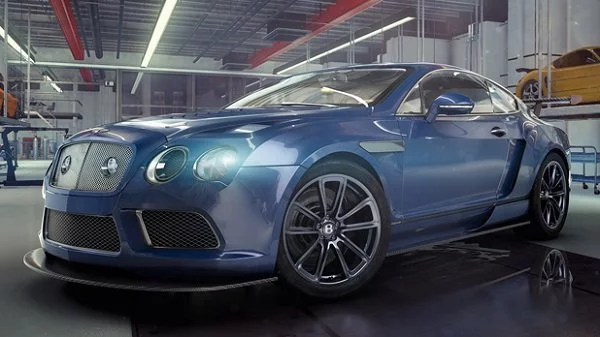
Andy: Since that initial comment about playing the game for what it is, I’ve done a lot of thinking about it. I think we are all guilty at one time or another of looking at a game and thinking “Oh this looks like <insert a game from a different franchise>”, then picking it up and realizing it’s not like that other game. To be completely honest, I never really realized I was doing it before but thinking back I can see times where I have done exactly that. It’s a catch-22 though because there are some games I have picked up purely because they looked similar to another game. Some of them I enjoyed and some of them didn’t live up to my expectations – which were unfair expectations because I was comparing them to a game that had no real connection to it.
There is one game that immediately comes to mind about not living up to my expectations. In fact it was one I was very much looking forward to this year – and as such maybe I had unrealistic expectations for it. These were based a little bit on the publicity leading up to it, but based much more on my past experiences with the franchise. I was one of those gamers who were really looking forward to Thief being released earlier this year. I loved the franchise ten years ago and had many fond memories of lurking in the shadows and sneaking around. While Thief had those elements, my high expectations could not be met and I eventually put it on my shelf to “play later”, but later has never come and it hasn’t moved since I put it there months ago.
I think some of those expectations we have going into games are fair, for instance when a game is part of a franchise. When I picked up Battlefield 4 last year, I had reasonable expectations that it would be similar to Battlefield 3 and build off it. The same can be said about the Need for Speed series. When I purchased NFS: Rivals there were reasonable expectations that it would be similar to NFS: Most Wanted and NFS: Hot Pursuit. I think expectations like that are completely fair and reasonable. Where we as gamers can set games up for failure is when we purchase a game like Dishonored and expect it to play like Assassin’s Creed. No matter how good a game is, directly comparing it to – and basing expectations from it – to another game not connected to it is unfair in my opinion.
Gamers aren’t the only that that share the blame in it though. Sometimes developers and publishers contribute to the problem. Look no further that the game that released this week. Destiny is a new IP and seems to have amazing potential if everything that’s promised holds true. Yet, one of the first pieces of marketing I remember seeing about it was “From the creators of Halo!” in big bold letters. I think the majority of gamers automatically develop expectations about Destiny based on that one line. Looking back at games released the past couple years you’ll see a lot of that as well as “The spiritual successor to <insert game>.” I understand that attaching another game’s name to a new IP will bring in some gamers, I think some of those have the chance of being left disappointed because it’s not the next game in that particular franchise’s history. What do you think though, as a gamer does the name recognition outweigh the unrealistic expectations of attaching other names of past games to a new game?
Nicholas: I think so, but I disagree with the whole ‘unrealistic expectations’ comment. The reason why developers like Bungie brand Destiny with lines such as “from the creators of Halo” is because there’s bound to be elements of Halo in any game they create. When a particular developer has a history of making a particular kind of game, whether they make a sequel or a new IP, there’s going to be similarities. For this reason, I don’t think it’s too unrealistic to expect that when a gamer picks up Destiny that they’re going to see subtle hints of Halo in it. I think this is also a major reason why so many PlayStation fans are looking forward to it – while it won’t be Halo per-sey, it’s finally going to be a chance for them to experience what Xbox fans have been raving about for all these years.
Another great example of this was seen with Need For Speed Hot Pursuit in 2010 when Criterion joined the franchise. Sure it was still called Need For Speed, but there’s no denying that both Hot Pursuit and Most Wanted (2012) had elements of Burnout within it. Developers have a style and no matter what games they make, if they remain roughly in the same genre then you’ll continue to see similar ideas and concepts in each one. I think this was also a major source of frustration for gamers when games like NFS Undercover and NFS ProStreet were released a number of years ago. Gamers had come to expect a level of quality from EA Black Box and all of a sudden the titles they were spitting out just didn’t compare to the products that were released before them.
I wanted to go back to what we said about judging a game for its merits if we may. I’m confident that you, just as I, have judged a game prematurely within the first hour (hell, 10 minutes) of gameplay. I’m confident that our readers probably all have too. Above we’ve spoken about (unrealistic) expectations we place on new games, but rather than address if that’s something we should or shouldn’t do, do you think that’s something developers need to be mindful of? For example, there are a number of games I’ve heard about which start ‘slow’, that take potentially a couple of hours to really get into the swing of things (e.g. Assassin’s Creed 3). Should developers make the first hour or so of a game really exciting so that gamers are enthralled from the get-go, or do you prefer that they ease into things as gamers get more stuck into the story?
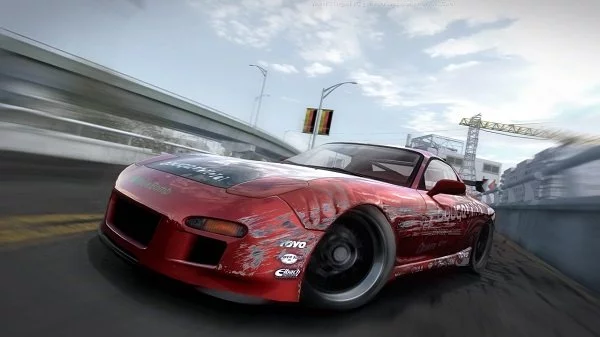
Andy: Man, that’s a great question. I know I was one of those who soured on Assassin’s Creed 3 partly due to how incredibly slow the pacing was. It’s still the only Assassin’s Creed game I have not finished. After about 6-8 hours in the game I was just bored and didn’t want to go on any longer, so on my shelf it went. On the flip side though, there have been games I have played where you start out as the ultimate badass in a pseudo tutorial type level. Then once you complete the prologue you are stripped of all your powers and knocked back to just the basics until you can earn them all again. To be honest I’m not sure which of those I prefer more than the other. It seems like a cheap gimmick to take everything away, but you also have to keep the gamer interested in the game to keep going. It’s six of one and half dozen of the other.
Depending on the game I think it’s most often somewhere in-between. I like games that build up the story, however, depending on the genre I need some excitement right away to show me what the game can be. Look at how the Elder Scrolls games start out. Usually you’re in some type of dungeon and you learn the ropes getting out, and once you’re out you are free to do whatever you want. It’s a good balance and effective in showing the player what to expect. With Assassin’s Creed 3 if I hadn’t played the previous installments I don’t think I would have given it as long as I did before giving up on it. To me that game just didn’t do anything to keep me interested in it. Several friends kept saying “keep going it gets better” yet I was at the point where it wasn’t getting better and there were other games I wanted to play so it got retired to my shelf.
Like you mentioned above, franchises that have multiple development teams can be hit and miss. On one hand it’s guaranteed that a new game in the franchise will come out every year – like Call of Duty – yet by doing that you run the risk of gamers having expectations that just can’t be met. The Gears of War series is another good example. I really enjoyed Gears of War 1-3, but then Gears of War: Judgment came out and to say I was disappointed would be a gross understatement. Nothing about that game felt like a Gears of War title aside from the characters, the rest just seemed like Epic Games was trying to print themselves money.
I’d like to go back to expectations if I could though. You mention the Bungie/Halo comparison with PlayStation owners finally getting to play a Bungie game. Yet, I can’t help but think, even though it is Bungie and they did Halo really well, don’t you think that some gamers are going to have expectations that Destiny just isn’t? What I mean is, Destiny is an always-online game, it’s not a traditional FPS that fans are accustomed to with Halo. I understand the reason behind saying “By the creators of Halo” I really do, I’m just worried that by always saying Halo when you mention Destiny doesn’t let Destiny stand on its own. It’s the same concept of why some people were disappointed with Watch_Dogs because they were trying to compare it to Grand Theft Auto even though they were not from the same developer. Do you think developers/publishers should be more aware of how they ramp up gamers’ expectations with trailers and development diaries before a game is released? Sure they can drive sales, but if they don’t measure up to the expectations they create it can quickly sour gamers. Just look at Alien: Colonial Marines as a perfect example. Should developers take a more measured approach to what they put out prior to a games release?
Nicholas: I have confidence that Destiny will stand on its own, it just needs to be released first. Of course gamers have and will continue to make those comparisons between it and the Halo franchise, but that’s not to say that once it’s released it won’t show all gamers how great it is. I personally don’t think the comparisons between GTA and Watch_Dogs are the same because it felt to me like those comparisons were being made by gamers themselves, rather than by the developers. Correct me if I’m wrong here, but Ubisoft didn’t sell the game as some high-tech GTA-clone, and even when I played it briefly at a friend’s place, while I could see the similarities, I drew more comparisons to other Ubisoft games than Rockstar’s.
The problem with Watch_Dogs was that it was hyped up to be something amazing, then it was delayed, people stopped caring and when it came around for its actual release, it just didn’t meet the hype. It had the really bad pressure of not just being a new IP, but being a new IP on a new console. Gamers expected a great game that was going to push the boundaries and that just didn’t happen. In that way, it relates very well to your Alien example and to that question I say “yes”. We’ve spoken before about excessive hype and I think that’s very relevant here. Publishers should be mindful of what resources they release prior to a game’s launch. New features that aren’t properly explained in a demo look nice and exciting, but if the actual implementation is nothing more than a button press when you’re near an object, well, it really does set the game up for some disappointment.
Speaking of fancy features and disappointments, looking at the past few games I’ve been playing on my Xbox One, while there’s no doubt that they are enjoyable and great games (AC4, Wolfenstein and Forza 5), none of them feel very revolutionary. Titalfall was pegged to be this super-amazing game for the longest time, and now we’re a few months after its launch everyone’s stopped talking about it. As a matter of fact, I hear more people asking about jumping into Battlefield 4 games than Titanfall ones. No doubt it was a nice shooter, but switching between mechs and humans and running along walls just got boring quick. It begs me to ask the question, even though we’re in a new generation of gaming, and even with the new capabilities of our consoles, do you think any game on the near horizon is going to ‘wow’ us with pushing the envelope further? Am I wrong? Is there a game you’ve played since the Xbox One and PS4 were released that you feel you’ve noticed a significant movement forward in this industry?
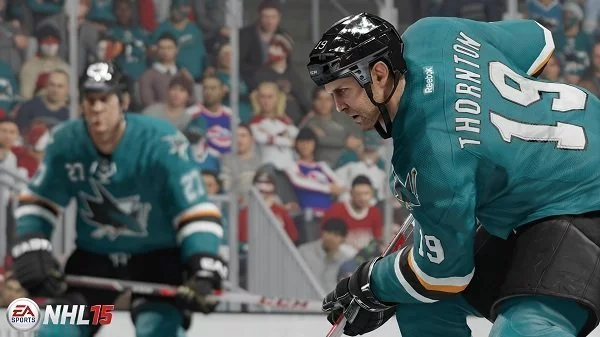
Andy: What it sounds like you’re saying is that the actual consoles haven’t quite lived up to your expectations as well. That’s a topic we could probably do an entire article on, but in this context and trying to keep my reply ay a reasonable length, I haven’t played a game yet on this current generation of consoles where I have a hard time believing I couldn’t have played it on a 360 or PS3. Don’t get me wrong, I’ve enjoyed many of the games I have played on my Xbox One but none of them really made me sit back and say “Holy sh*t this is a true new generation experience.” Sure for franchise games there have been improvements and additions; Battlefield 4 with the 64 player Conquest matches are a lot of fun, but there has also been some curious decisions such as NHL 15 removing two popular game modes (EASHL and GM Connected) – but keeping those two modes in the last gen versions of the game. Ryse Son of Rome looked amazing when it was released at launch, it promised great action, story and true “next gen gameplay”, but it turned out to be a quick time event simulator. Not a bad game, but certainly not where my expectations were for it either.
Since the new consoles have been out for almost a year now, we have seen many developers promise gamers the world. From new revolutionary experiences, to industry-defining innovation yet when it comes time for the actual delivery we have been left with pretty much the same as we have had before. That’s not necessarily a bad thing as looking back at the last generation there are many games that I absolutely adored. From Fallout 3 (you really didn’t think I wouldn’t mention this did you?) to Red Dead Redemption and to games I didn’t think I would like such as Mass Effect or Dead Space. Maybe we, as gamers, need to dial back our expectations of not only the games being released but also the consoles themselves and what they can do. I think at times we’ve have let our expectations grow to mammoth proportions that realistically no game could ever live up to and when the game doesn’t hit that expectation we are left with a bad taste in our mouths, looking at the game as less than what it ‘could’ have been. In reality, it was exactly what it was supposed to be.
To bring things full circle though and close out this week’s article I wanted to ask you one more question. In an age where we are constantly blitzed with advertisements, trailers, live action trailers, development diaries and actual gameplay footage, the more we look at things like that, are we just setting ourselves up to be disappointed or let down at the final product? I remember talking to someone not too long ago and he said “Advertisements aren’t for those who already know they are getting the game, they are for those who still aren’t sure.” So why then, if we know we are getting a game, do we seek out as much information as we can find? Shouldn’t we be happy the game is coming out and only be concerned with the release day so we can save as much surprise about the content to actually be discovered?
Nicholas: It’s because we’re impatient! It’s the same reason we get irritated when we need to wait a little longer for our food at a busy restaurant or why everyone gets up in arms when a game we were looking forward to is delayed. I completely agree with the comment that person made above, but that doesn’t mean people who pre-ordered as soon as it was available can’t get something out of them too. I get the urge a lot less now, but when I was younger I would squeal whenever a new trailer or pack of screenshots were be released. No word of a lie, there are folders on old hard drives of mine where I’ve just saved screenshot after screenshot of the latest Need For Speed game because I was so obsessed with it as a teen. We’d probably enjoy games a lot more if we didn’t pay attention to the dozens of trailers or pre-release walkthroughs, but there’s a reason why that cat keeps getting killed.
We’ve discussed hype before in the past and how it can ruin a game due to unreasonable expectations, and even though we know the last stop usually ends at Disappointmentville, that train ride is a little too difficult to pass up. Sometimes I remind myself to get off early, but at others, I put my conductor’s hat and hang on for the ride!
A special thanks to Jess Hodgson for the inspiration behind this week’s article.
Tune in next time for the next instalment of Game On or Game Over. If you have any ideas for our next article, feel free to contact Andy or Nicholas on Twitter.
This article may contain affiliate links, meaning we could earn a small commission if you click-through and make a purchase. Stevivor is an independent outlet and our journalism is in no way influenced by any advertiser or commercial initiative.


